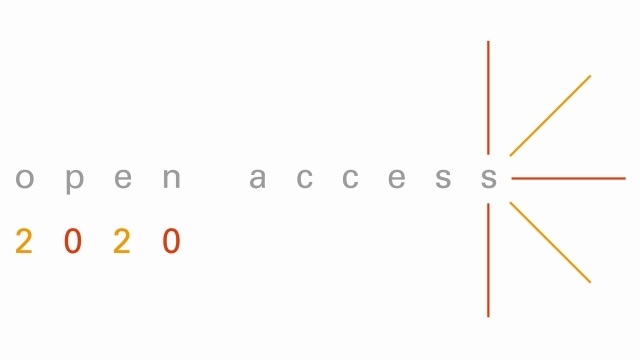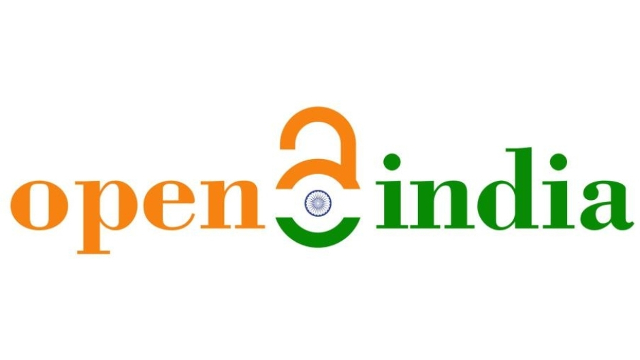
Open access to scholarly knowledge in the digital era (chapter 3.4): Open access, “publicity,” and democratic knowledge
This article is chapter 3.4 in section 3 of a series of articles summarising the book Reassembling Scholarly Communications: Histories, Infrastructures, and Global Politics of Open Access.
In the fourth and final chapter of the publics and politics section, John Holmwood questions the ways in which notions of truth, democracy, and public knowledge circulate in the digital era, bringing a political-economic slant to his chapter.
Putting forward a contrasting view to that expressed in previous chapters, Holmwood argues that open access ends up providing data to organizations that wish harm to universities. This is because the openness of social media systems and scholarly research are part of a broader turn to neo-liberal practices in government policy around higher education.
Barack Obama’s 2008 election victory was energized by social media networks, especially Facebook. Donald Trump’s 2016 presidential campaign was also fueled by social media networks. However, Holmwood reminds us that in the time between these two campaigns, social media had moved from being a powerful means of social and political expression and democratic participation to something altogether darker. For example, data mining of Facebook likes revealed psychological “traits” that could be targeted by well-funded political campaigns.
Social media were no longer hailed simply as bringing about greater openness, but also manipulation. Everyone would be their own expert in a “post-truth” era, and knowledge claims became reduced to expressions of “interests”.
In his recent book, Post-Truth: Knowledge as a Power Game, Steve Fuller argues that post-truth is the logical conclusion of the sociology of science and its deconstruction of philosophical attempts at demarcation – from emotion, knowledge from belief, and so on. He describes the new game of knowledge as a power game in which the academy needs to get with the new game.
However, Holmwood suggests that the problem is more to do with separate changes to the social structures of expertise associated with neo-liberalism. Social media have put universities under challenge, but neo-liberal public policies have undermined their social role.
Universities are institutions of the public sphere, which is distinct from both the market and the state. However, universities are vulnerable to the claims of open access because of the high cost of journal subscriptions and limited access to university libraries. Holmwood warns that this open access also encourages academic researchers to commercialize their research through intellectual property rights.
Open data access provides a new possibility of data mixing and proprietary algorithms outside the public sphere. This leads to the evaluation of public services being ceded to private data analytic companies.
Holmwood advises that the wider context of neo-liberal policies for higher education is illustrated in policies for English higher education in the UK, where departments were treated as devolved cost centers and for-profit providers were allowed to compete with multi-function universities.
The UK Government also introduced the impact agenda, which suggests that publicly funded research should show a direct benefit for identifiable users, but the beneficiaries should not pay. Holmwood contends that this misses the significance of wider changes to the public sphere.
Neo-liberal policies have encouraged public authorities to become commissioners of services rather than direct providers. Charities are also encouraged to co-provide services together with for-profit companies, and so the “public good” or “social justice” focus of charities becomes attenuated.
In Donald Trump’s campaign and in the UK leave campaign, expertise was disparaged as self-interested, and social media was used to promote fake news. Yet, the attachment of expertise to interests has been a gradual process within universities. The impact agenda requires academics to align their research with private interests, rather than a general public interest. This has eroded academic freedom and non-utilitarian claims about the public value of research.
The privatization of the public university has hollowed out the public sphere and made it vulnerable to populism. Open access now provides data for private companies, displacing publics with markets. Holmwood concludes that this therefore replaces democracy itself by the market.
Next part (section 4): Archives and preservation.
Article source: This article is an edited summary of Chapter 121 of the book Reassembling scholarly communications: Histories, infrastructures, and global politics of Open Access2 which has been published by MIT Press under a CC BY 4.0 Creative Commons license.
Acknowledgements: This summary was drafted by Wordtune Read with corrections and further edits by Bruce Boyes.
Article license: This article is published under a CC BY 4.0 Creative Commons license.
References:
- Holmwood, J. (2020). Open Access, “Publicity,” and Democratic Knowledge. In Eve, M. P., & Gray, J. (Eds.) Reassembling scholarly communications: Histories, infrastructures, and global politics of Open Access. MIT Press. ↩
- Eve, M. P., & Gray, J. (Eds.) (2020). Reassembling scholarly communications: Histories, infrastructures, and global politics of Open Access. MIT Press. ↩
Also published on Medium.





